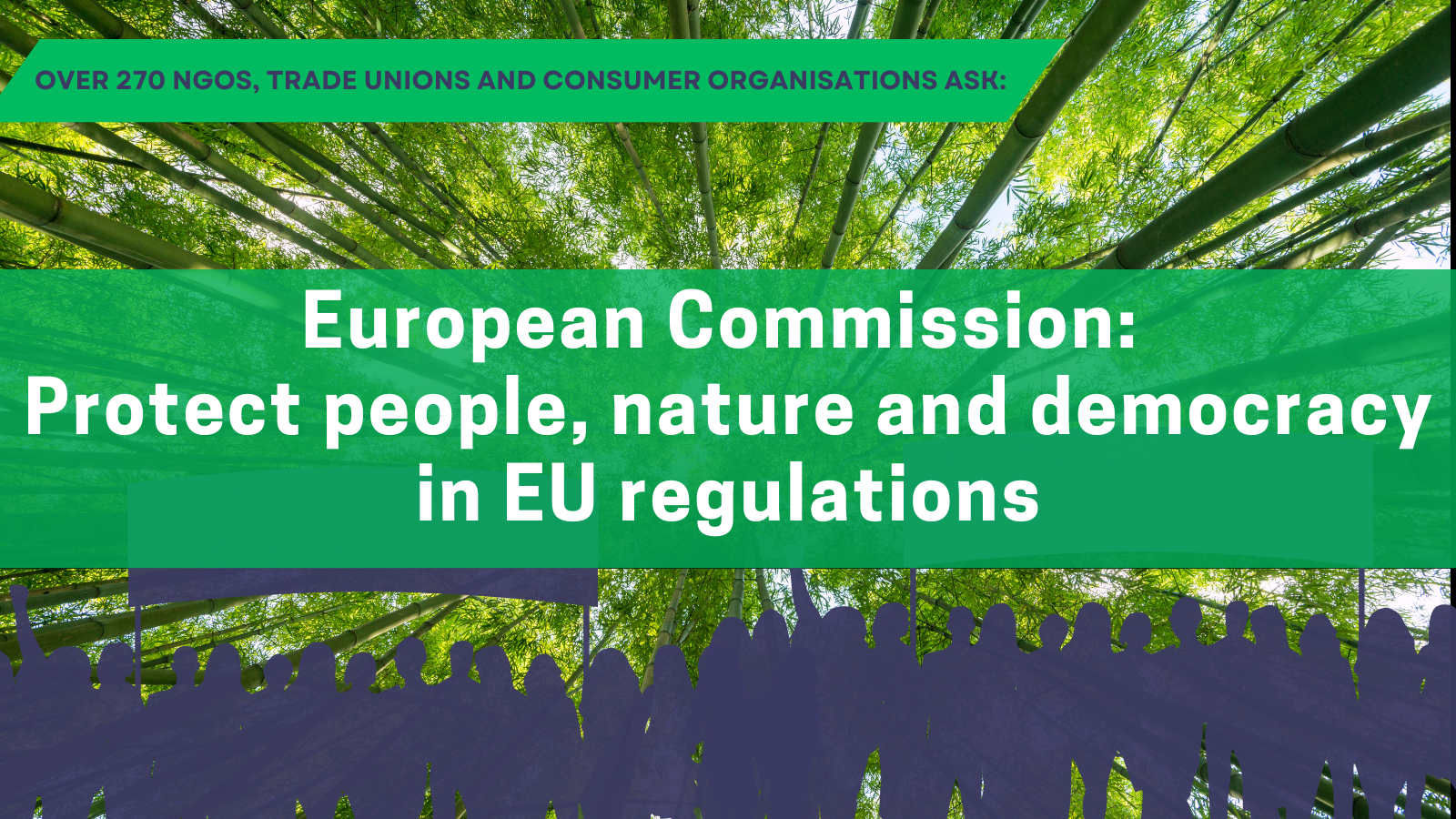HEAL Poland continues to build capacity on health threats of chemicals
To address growing concern about harmful chemicals in Poland and to raise awareness about the impacts of chemicals on health in Poland, HEAL in November 2024 has started publishing materials and articles on the matter and engage the Polish health sector.











